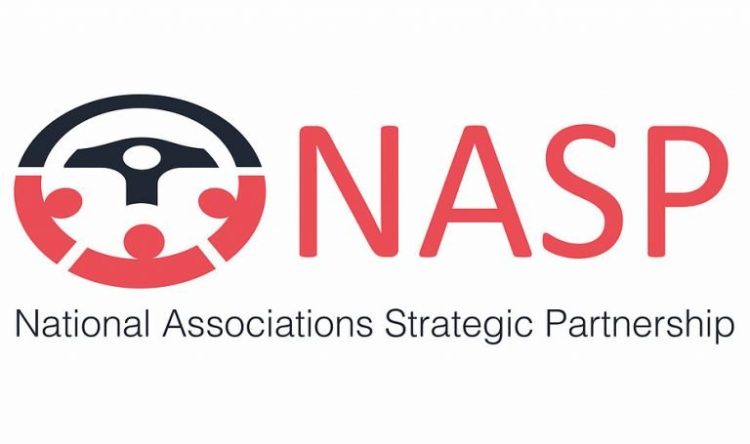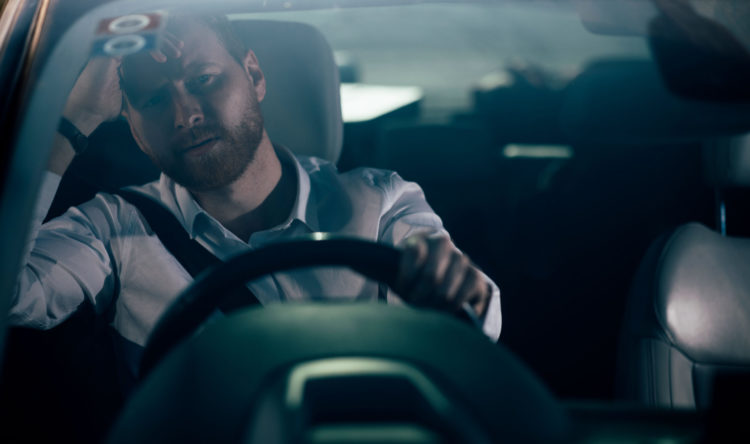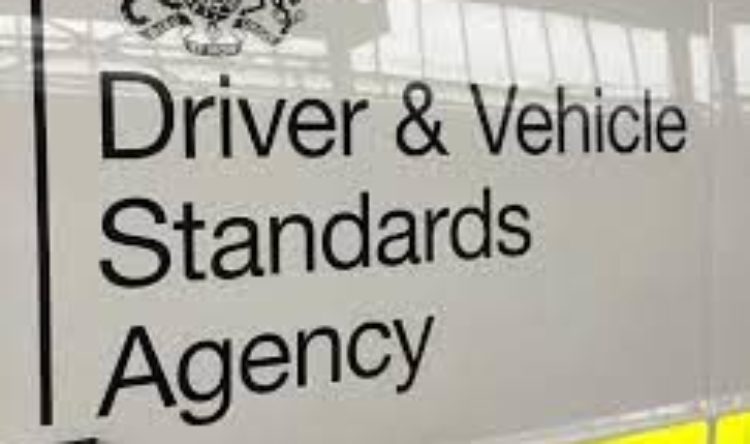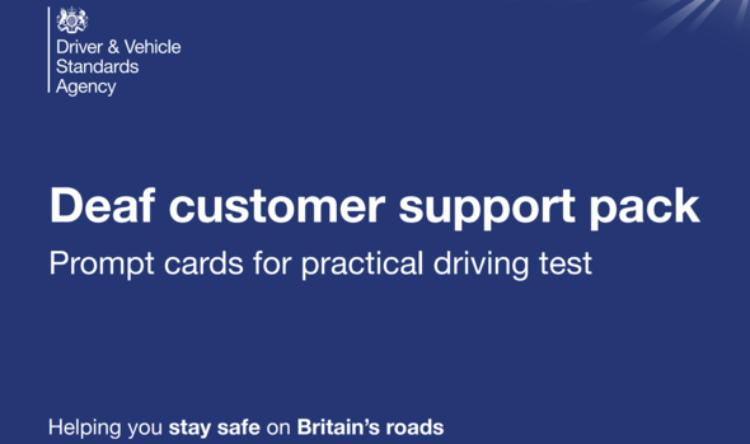In-car arguments provoke problems
Arguing over directions tops the poll of front seat disagreements
More than half of people have fought with someone on a car journey.
Perhaps unsurprising as is the fact that most arguments are caused by getting lost or poor navigation.
These are the conclusions of a new analysis by AA Driving School.
I don’t believe it
Drivers were asked about having arguments in the car. Over half (55%) admitted to arguments either when they were driving or someone else was.
One third (32%) said that they argued most about directions and getting lost. These were followed by how the car was being driven (25%), life issues such as moving house (13%), running late (13%) and the traffic (12%).
In the aftermath of a disagreement, over two fifths (43%) said they carried on the journey in silence. More than 670 people sensibly admitted finding somewhere to stop and finish the argument before driving further(5%). A further 5% stopped the car and refused to drive, while for 2% it meant turning the car around and going home!
The cliche
Additionally, 1,335 drivers** were polled on what they thought was the most-heard phrase or question on a family car trip.
The question “Are we there yet?” topped the survey with more than a third of votes (35%); followed by the phrases “I need the toilet” (20%) and “I’m bored” (6%).
Other frequently heard phrases included:
- “Can we change the music?” (6%)
- “Slow down!” (4%)
- “That driver is on the phone” (4%)
- “Do you want to drive instead?!” (4%)
- “I’m hungry” (3%)
Timeless fun
“Long car journeys with the family can test the patience of any driver or passenger,” admits Mark Oakley, AA Driving School Managing Director. For those with young children it is “especially” so. Time is a relative equation.
Planning ahead is the best way to “mitigate potential disagreements”, says Mark.
“Agreeing your route before setting off or using a sat nav on the journey can really take the pressure off, especially when driving in new places.”
On long journeys “tiredness sets in, tensions can rise fast”. It’s important to allow comfort breaks to rest on the route.
“If you often find repeat questions from younger passengers like “Are we there yet?” rub you up the wrong way, we have a few car games which can keep everyone occupied until your next stop.
Influential behaviours
It’s also important to recognise that children follow the example set by their parents. It means they can easily pick up bad driving habits later in life by witnessing arguments in the front seat, or aggressive responses in the way a person drives after an argument. Its important to think about the consequences of actions that seem trivial, but which can have a strong influence on young minds and attitudes later on.
“If an argument gets out of hand it can be dangerous for the driver and other vehicles on the road. The best thing to do is pull over when it’s safe to do so and wait until things have calmed down before driving again.”







